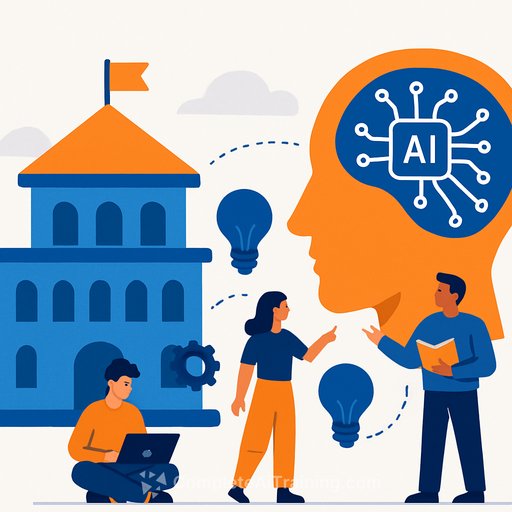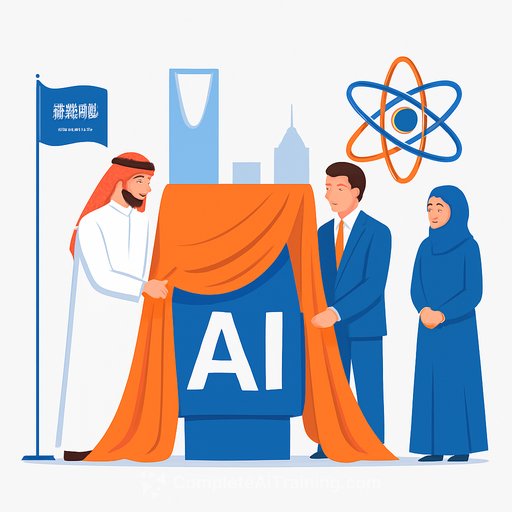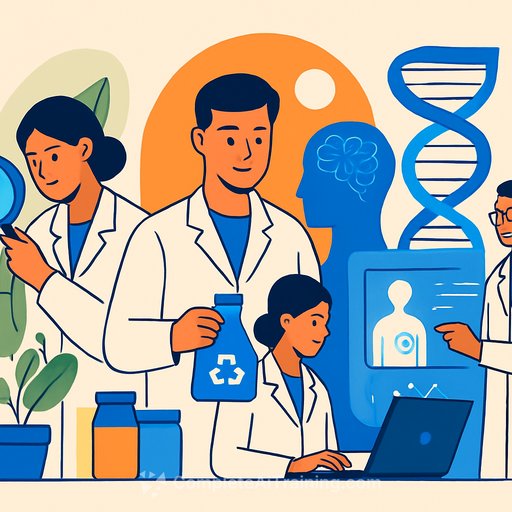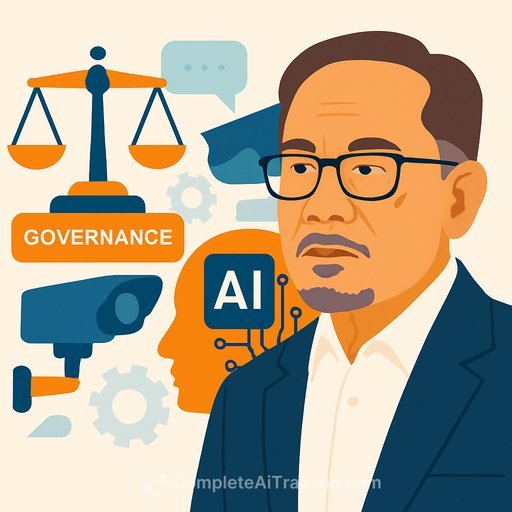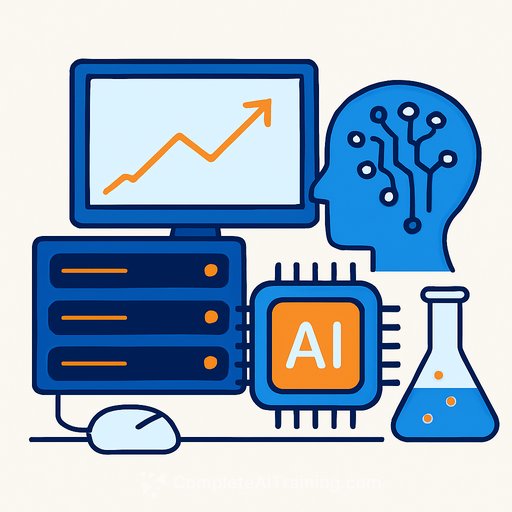Three Reasons Why Universities Are Crucial for Understanding AI
Date: September 05, 2025
Topics: Sciences (Social, Health, Biological, Physical)
Artificial intelligence is transforming many areas of work and life, from performing surgery to creating art. Yet, the way AI learns and reasons remains largely unclear—even to the companies that develop it. This gap makes the role of universities vital, as they focus on open, foundational research that sheds light on AI's inner workings.
At Stanford, physicist Surya Ganguli leads a collaboration called The Physics of Learning and Neural Computation, funded by the Simons Foundation. This project unites experts in physics, computer science, mathematics, and neuroscience to explore AI beyond its “black box.” The team aims to apply theoretical tools from multiple fields to better grasp one of the most significant technologies of recent decades. Open academic research ensures that findings can be shared freely, benefiting society at large.
1. Improving Scientific Understanding
AI companies prioritize performance improvements, often without fully understanding how their systems operate. Ganguli argues that the science needs to catch up with engineering. Unlike physical machines built with explicit design, AI neural networks are inspired by the brain and rely on complex, data-driven training processes. Like human learning, this training is implicit—we know when a child learns a concept, but not exactly how the brain encodes it.
AI systems sometimes make errors that humans wouldn’t, raising questions about how they process information and embed values. While attempts are made to instill human values into AI models, the methods are still experimental. A clear scientific approach is needed to ensure AI aligns better with human intentions and ethics.
2. Physics Can Tackle AI's Complexity
Physics has long studied complex natural systems with many interacting parts, making it well-suited to analyze AI’s intricate structure. AI networks can have billions of adjustable weights, similar to particles in a physical system interacting under dynamic rules that produce emergent behavior. Understanding how learning dynamics, data, and architecture interact is key to explaining AI creativity and reasoning.
Insights from physics might help optimize AI by selecting appropriate training data or designing smaller, more efficient networks. For example, some connections in a network can be pruned after training to reduce computational cost without losing performance. But predicting these effects requires deep knowledge of the system’s learning and reasoning processes.
The project involves 17 principal investigators from 12 universities and plans workshops and summer schools to grow a community of physicists interested in AI research.
3. Academic Findings Are Shared
One of the biggest advantages of university research is transparency. Results from academic collaborations are published openly and reviewed by peers. In contrast, companies often keep their AI developments confidential to protect economic interests. This creates walls of secrecy around frontier AI technologies.
Open science allows researchers worldwide to build on each other’s work, accelerating progress and ensuring that AI development benefits society as a whole. Universities have a mission to share knowledge, making them essential for advancing scientific understanding of AI.
For professionals looking to deepen their AI knowledge, exploring academic research alongside practical training can be valuable. Resources like Complete AI Training’s latest courses offer structured paths to stay updated on AI developments.
Your membership also unlocks:

